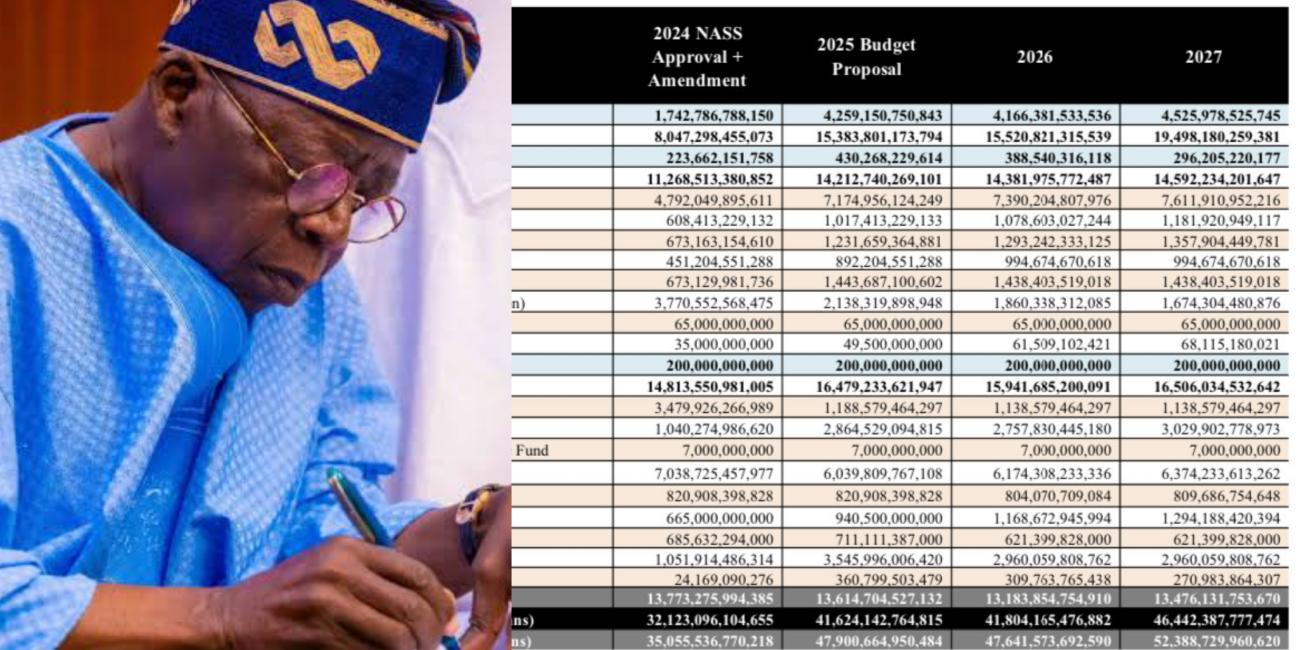VANGUARD
Against the backdrop of frustrations faced by the general public in Nigeria and some other Sub-Saharan African countries undergoing economic reforms, the International Monetary Fund, IMF, has rolled out a set of recommendations on how to make the reforms acceptable and supported by the citizens.
The IMF, in its latest Regional Economic Outlook for Sub-Saharan Africa report, noted that the countries involved in deep reforms including Nigeria, Ghana, Ethiopia and Kenya, may now be experiencing what it called ‘adjustment fatigue’ while some are facing civil resistance.
Nigeria, for instance, has recorded multiple civil unrests and labour shutdowns following disenchantment with the impact of the macroeconomic reforms, especially in petrol and foreign exchange deregulations.
The IMF’s recommendations emphasized broad-based engagement with the populations, a communications strategy clearly articulating the benefits of reform, forging partnerships with key figures in the country, appropriate design and sequencing of reforms, establishing complementary and compensatory measures, and fostering inclusive growth.
The Fund sees an opportunity for making a success of the reforms if the frustrations faced by the citizens are adequately addressed.
The report stated: “In the face of popular frustration, there is also an opportunity to work to mobilize support for large, deep reforms, of the sort that, for instance, Ethiopia, Ghana, Kenya, and Nigeria are pursuing.
“Realizing this opportunity requires rethinking reform strategies, to build and maintain pro-growth coalitions among constituent leaders and the general public. This will require greater attention to communication and engagement strategies, reform design, compensatory measures, and rebuilding trust in public institutions”.
Giving further details on what should be done, the report stated: “In particular, policymakers will need to focus on broad-based engagement with populations; a participatory approach, involving a two-way dialogue with stakeholders and the population at large, can help design policy approaches; building a sense of ownership among the public, and garner support from both business and civil society”.
IMF added, “Communications should clearly articulate the benefits of reform, the costs of inaction, the accompanying compensatory measures, and correct misinformation and misperceptions.
READ THE FULL STORY IN VANGUARD

